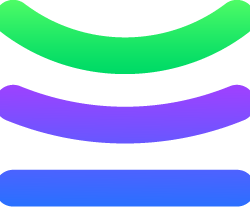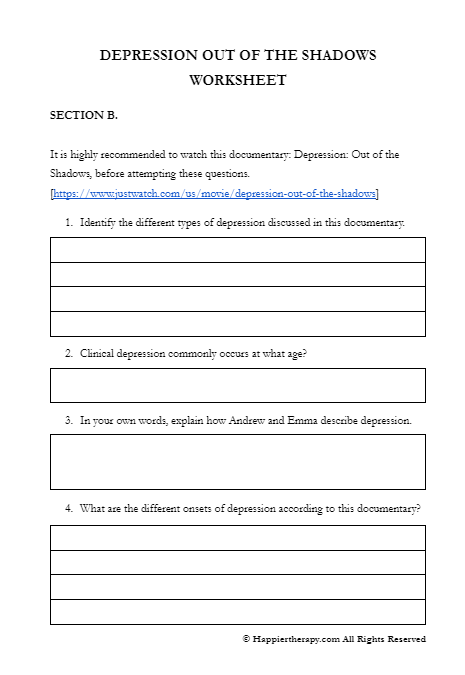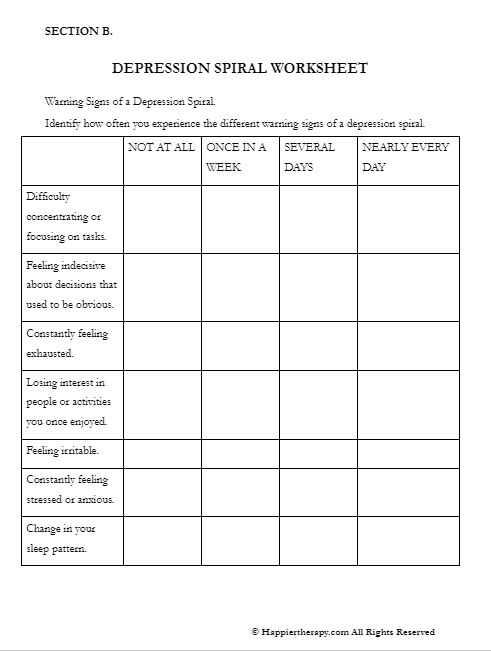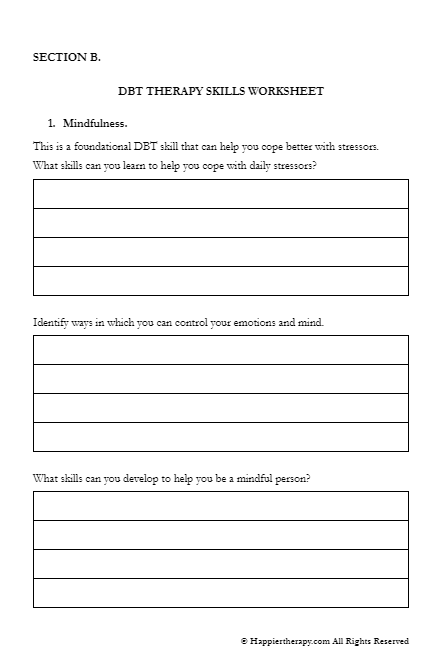Diagnosing Mental Disorder Worksheet Answers
Premium Content
Access this worksheet and 2,500 mental health worksheets. Cancel anytime
A mental disorder is a clinically significant disturbance in an individual’s cognition, emotional regulation, or behavior.
Enhance Your Therapy Sessions with research-backed worksheets
Customizable and fillable worksheets
Rights to alter the worksheets
Over 2000 worksheets
Support HappierTherapy
Diagnosing a mental disorder requires evaluation by a trained mental health professional and usually an interview, administration of a variety of personality tests (other cases may require a neuropsychological test), and gathering background information (including medical) about the individual.
The treatment for mental health disorders varies greatly depending on an individual diagnosis and the severity of the symptoms.
What Are The Theories Behind This Worksheet?
- Behaviorism
Behavior is a result of life experiences and not the unconscious mind. We learn through our experiences with our environment; an approach focused on conditioning.
- Biological
This medical model of treating mental disorders is based on the idea that something physical is the root cause of mental illness.
- Psychodynamic
This is a type of therapy that focuses on past experiences. Therapists assert that unconscious forces drive people’s behavior.
- Cognitive-behavioral therapy (CBT)
CBT is a type of psychotherapy that helps patients quickly identify and manage their problems. CBT focuses on assisting a patient in changing their distractive thoughts and behaviors.
- Humanistic
Different therapies characterize this approach;
- Client-centred therapy allows the patient to investigate who they are at their core by creating an environment of empathy, acceptance, and geniuses.
- The existential therapy technique pays a lot of emphasis on ownership of one’s life, including all its mishaps.
How Will This Worksheet Help You?
Diagnosing mental disorders is crucial as it determines effective treatment options and future health risks and helps improve your mental health.
How Should You Use This Worksheet?
Individuals should use this worksheet when they experience conditions characterized by abnormalities in cognition (negative/ distorted thoughts), emotions, mood, or unexpected aspects of behavior change.
Was this helpful?
References
1.-
Cliff Notes. (© 2023). Diagnosis of Psychological Disorders. Available at: https://www.cliffsnotes.com/study-guides/psychology/psychology/abnormal-psychology/diagnosis-of-psychological-disorders. [Accessed February 15, 2023]
2.-
Mayo Clinic. (© 1998-2023). Mental illness. Available at: https://www.mayoclinic.org/diseases-conditions/mental-illness/diagnosis-treatment/drc-20374974. [Accessed February 15, 2023]
3.-
Positive Psychology. (© 2023). What Are Mental Health Theories? Available at: https://positivepsychology.com/mental-health-theories/. [Accessed February 15, 2023]
 By
By


